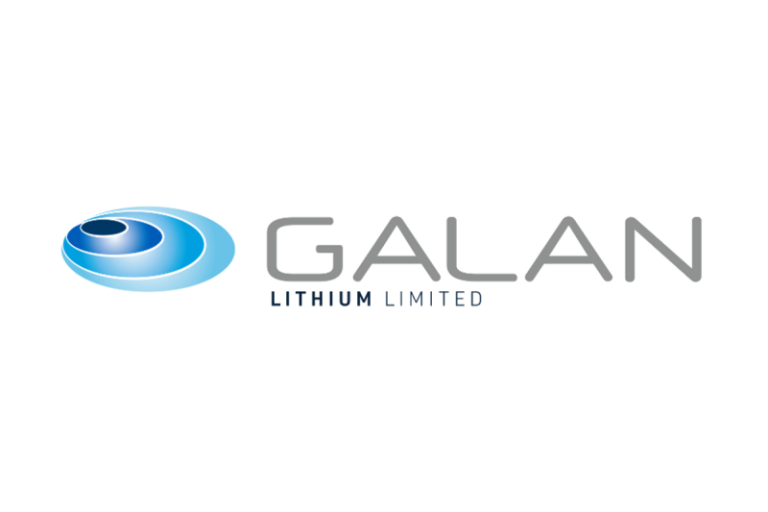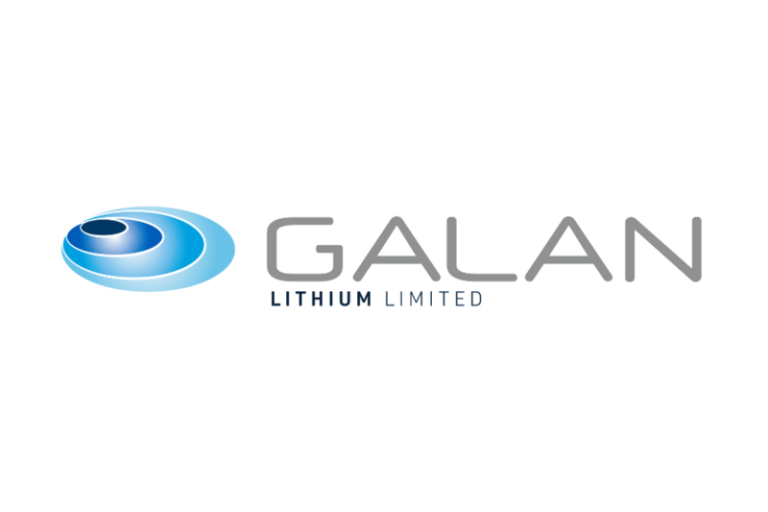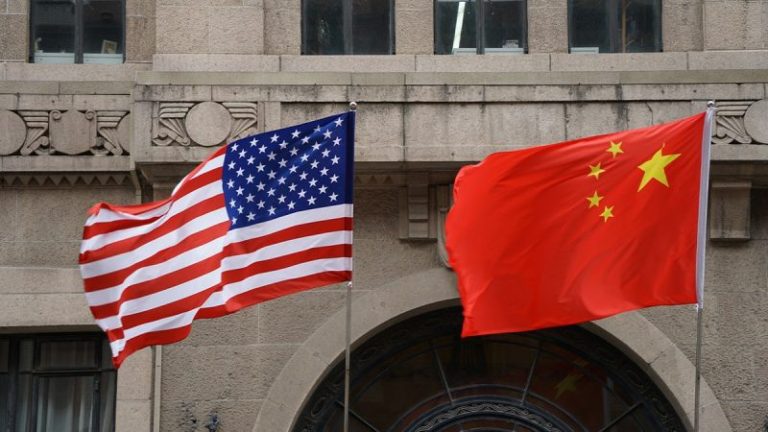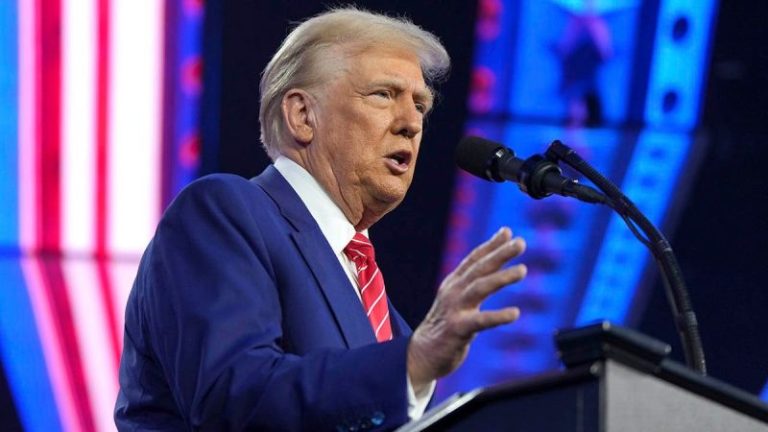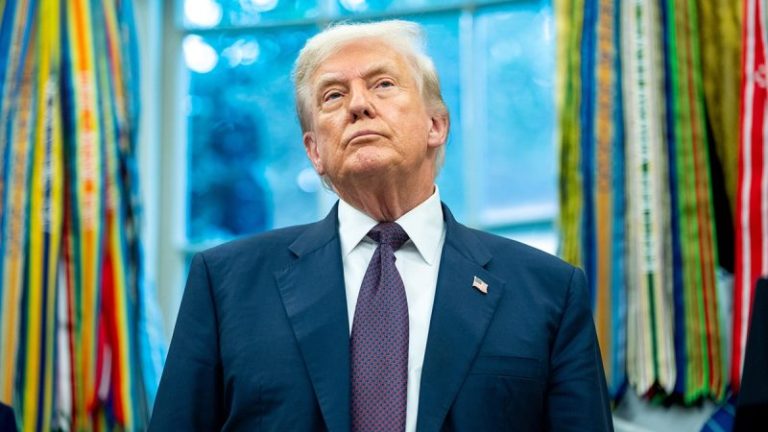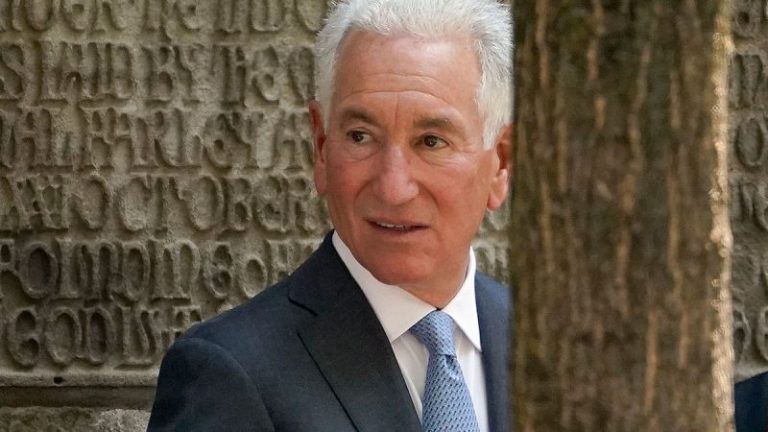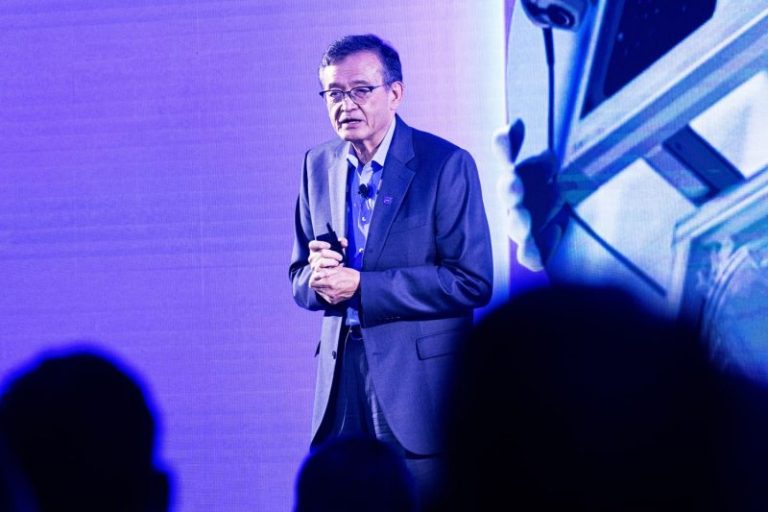Mount Hope Mining Limited (ASX: “MHM” or the “Company”) is pleased to announce its maiden drill program has commenced at its 100%-owned Mt Hope Project in New South Wales (Figure 1).
Highlights:
- Inaugural drill program comprises ~4,800m of Reverse Circulation (“RC”) and Air Core (“AC”) drilling across four priority targets.
- Drill campaign includes high-confidence infill and extensional drilling at Mt Solitary, which boasts an Exploration Target range of 1.32 to 1.87Mt of 1.0 to 1.35 g/t Au for 42.5 to 81.4 Koz (Table 1).
- The new Blue Heeler prospect, hosting coincident MLTEM conductors, is located approximately 200m west of historical drill hole GCS-1, which included a historical intercept of 31m @ 0.42% Zn, 0.26% Pb, 117 ppm Cu and 4.8 ppm Ag from 56m
- The Mt Hope East and Black Hill prospects, hosting coincident geochemical and geophysical anomalies, have never been tested by drilling.
“Mount Hope Mining is excited to commence its maiden drill program at the Mt Hope Project – a significant milestone in our journey towards unlocking the potential of the southern Cobar Basin.
“Each priority prospect represents a high conviction drill target, backed by high-quality geological science, and we look forward to exploring these areas further.
“We believe these four priority areas represent a good opportunity to create shareholder value via true greenfield exploration success or by delineating valuable ounces for future development.
“We look forward to keeping shareholders updated with strong news flow throughout the remainder of Q3 and into Q4 with the results from the exploration drilling, along with the metallurgical test work for Mt Solitary, and with our other early-stage exploration programs.”
Mt Solitary Exploration Target
Table 1: Mt Solitary Exploration Target2
The potential quantity and grade of the Exploration Target are conceptual in nature. As such, there has been insufficient exploration to estimate a Mineral Resource, and it is uncertain whether further exploration will result in a Mineral Resource. The Exploration Target has been prepared by the JORC Code 2012.
Maiden drilling campaign at the Mount Hope Project
The inaugural Mt Hope maiden drill program has commenced drilling, starting at the Mt Solitary prospect to convert the existing Gold Exploration Target (Table 1) to a JORC (2012) Mineral Resource Estimate (MRE).
The initial phase 1 RC program at Mt Solitary will consist of ~1,500m (Figure 2). The drill rig will then mobilise to test the greenfield polymetallic drill targets at Blue Heeler and Black Hill before finishing the program at Mt Hope East.
The Company has engaged ALS Laboratories in Orange, NSW, for analytical work. Samples from the maiden drilling campaign will be sent to Orange throughout the program, with sample preparation analysis to be completed at the same facility.
Click here for the full ASX Release


